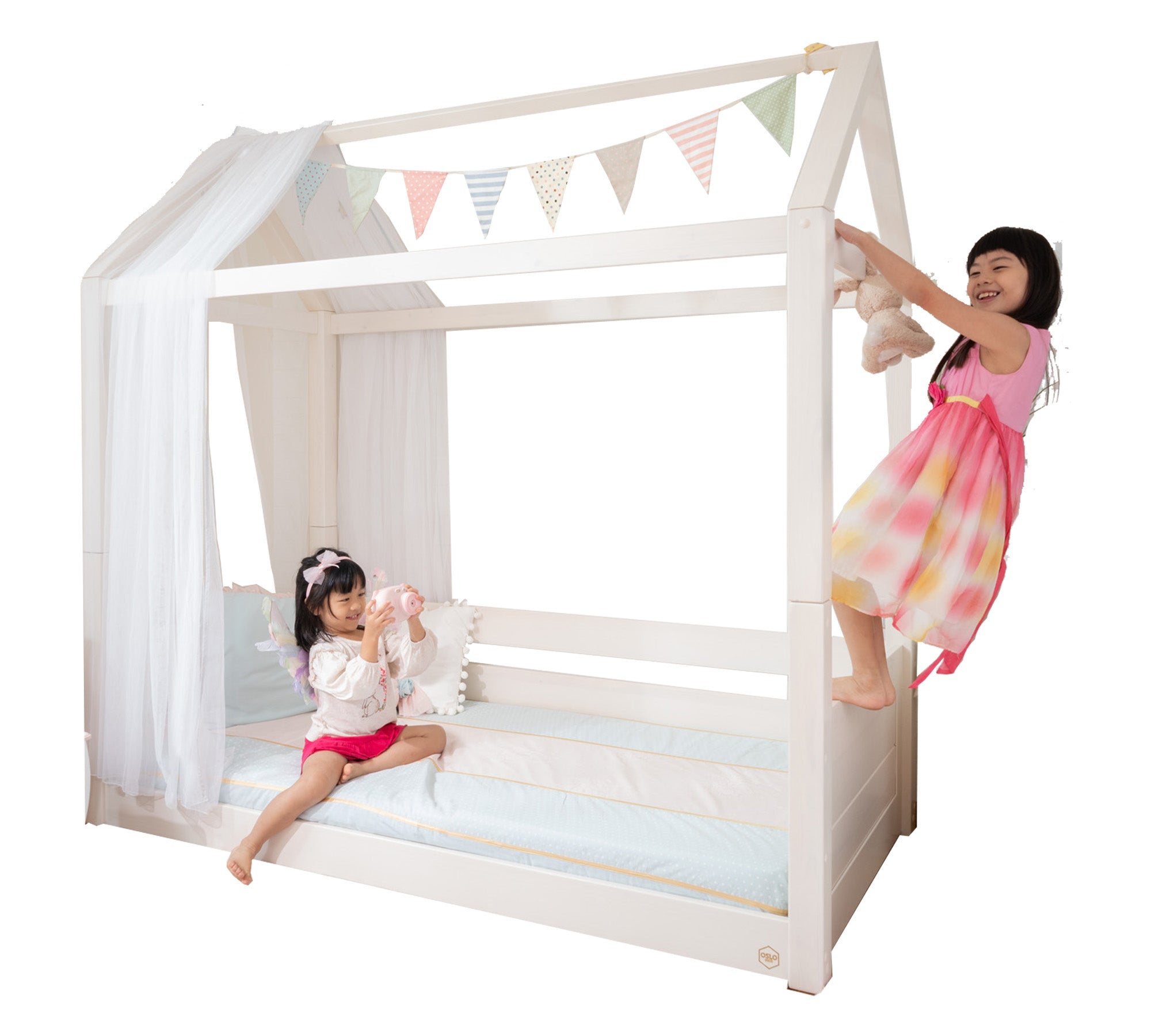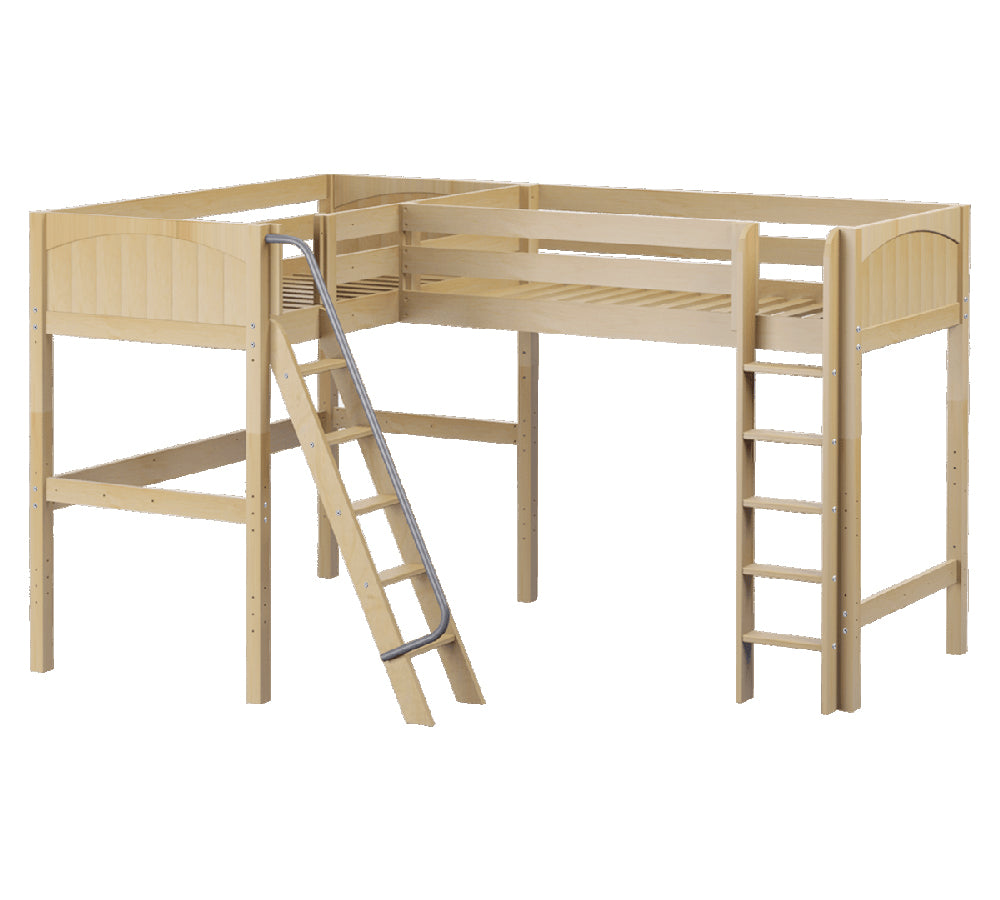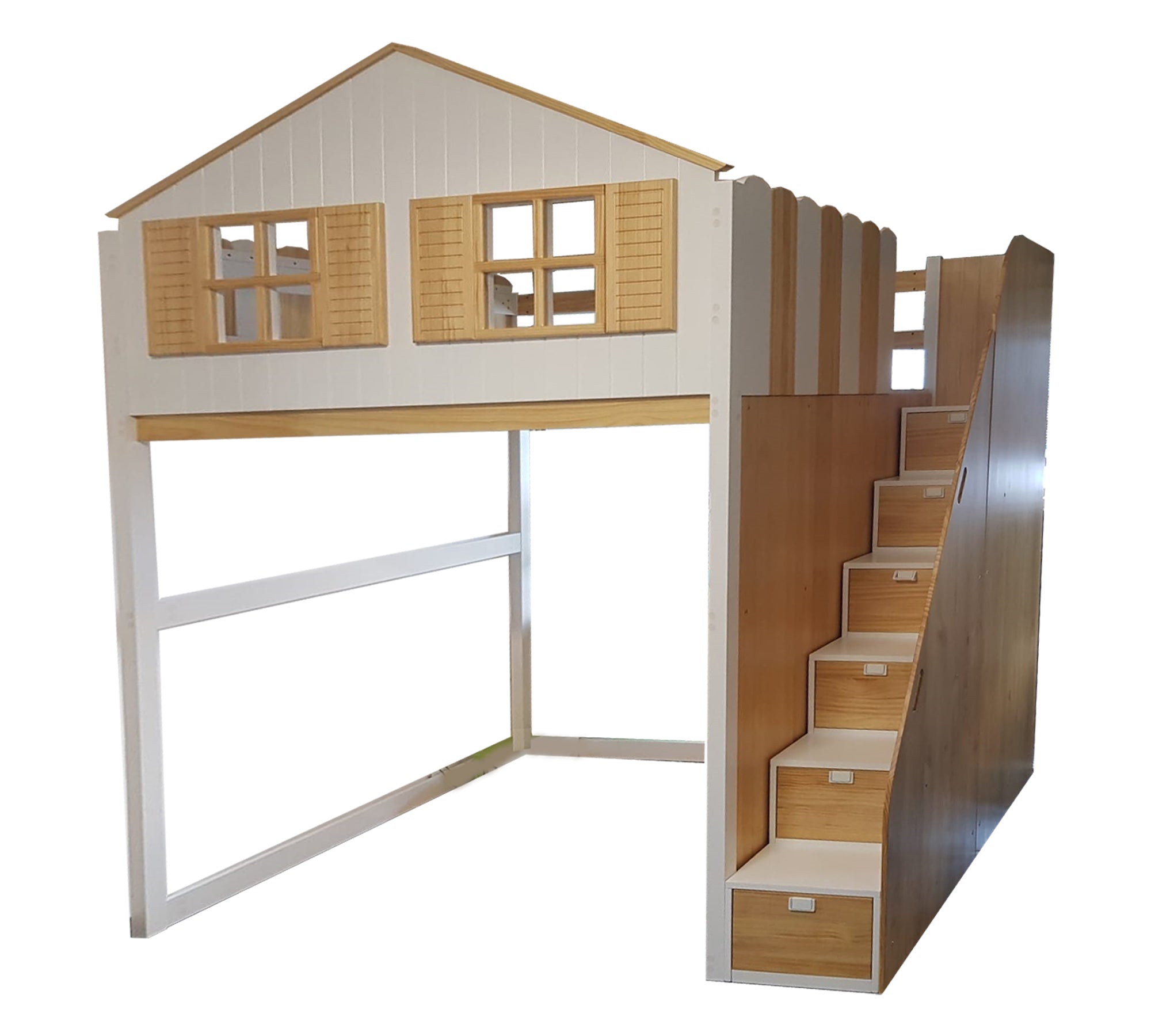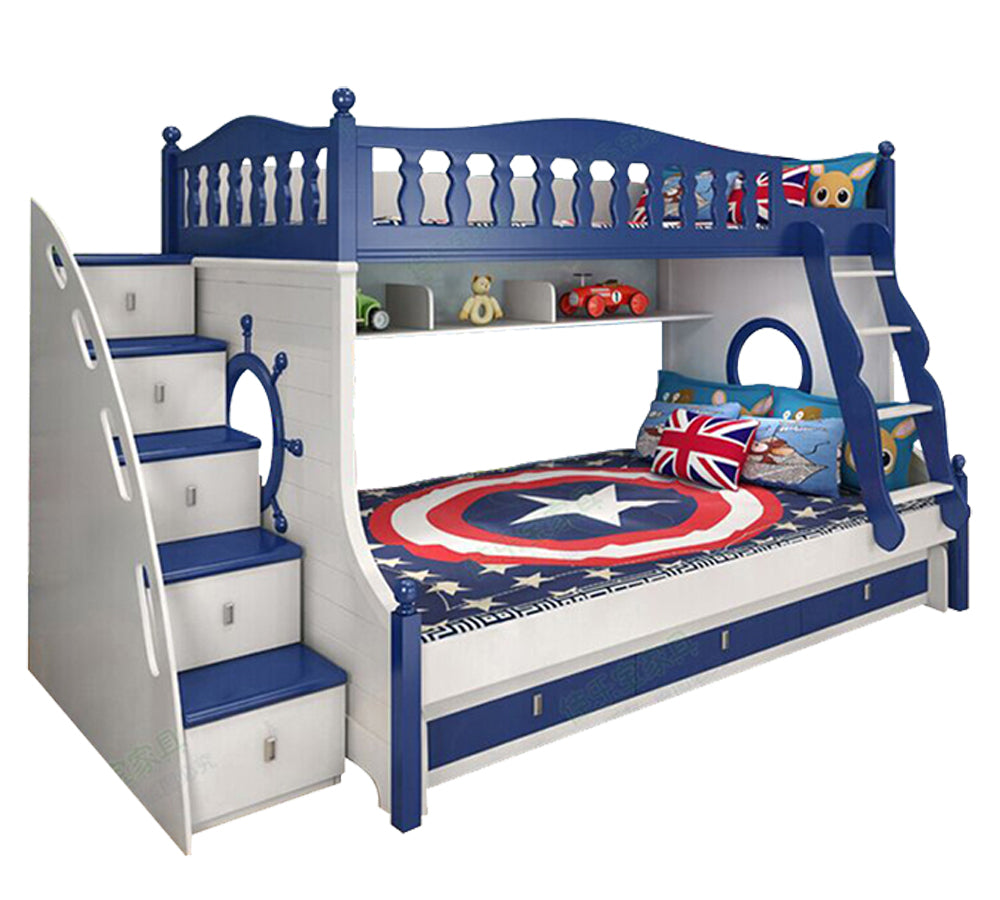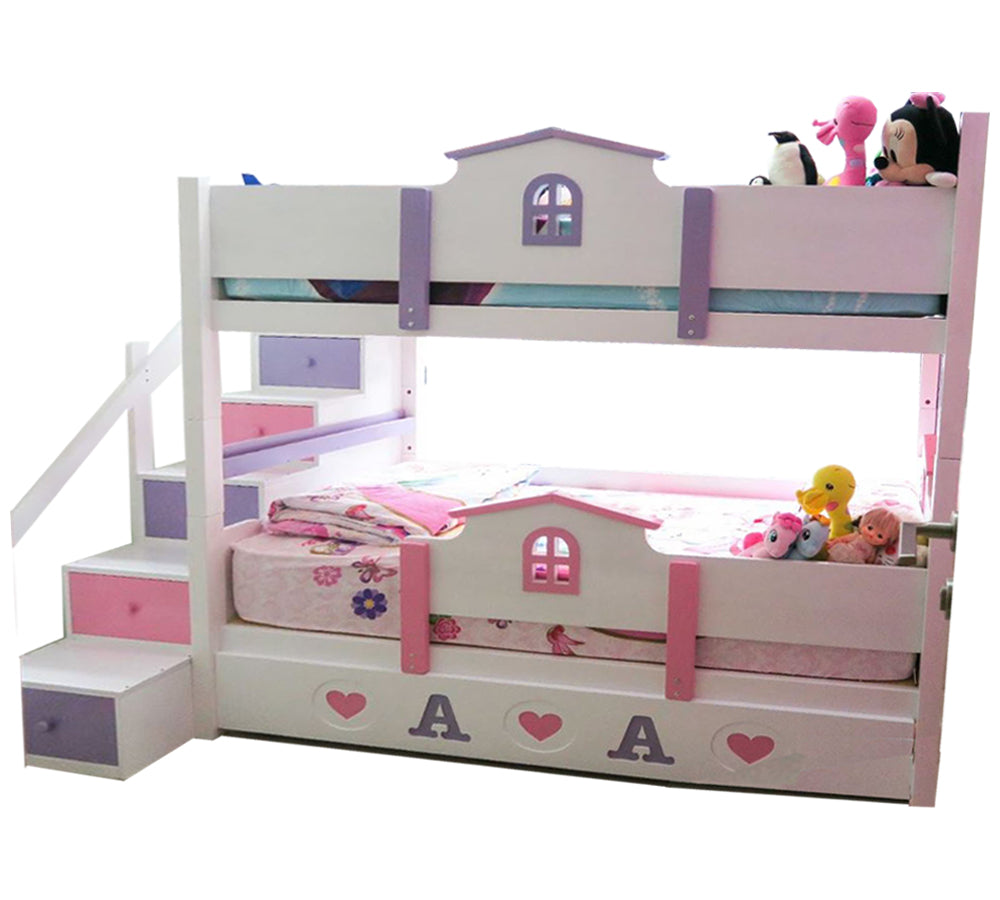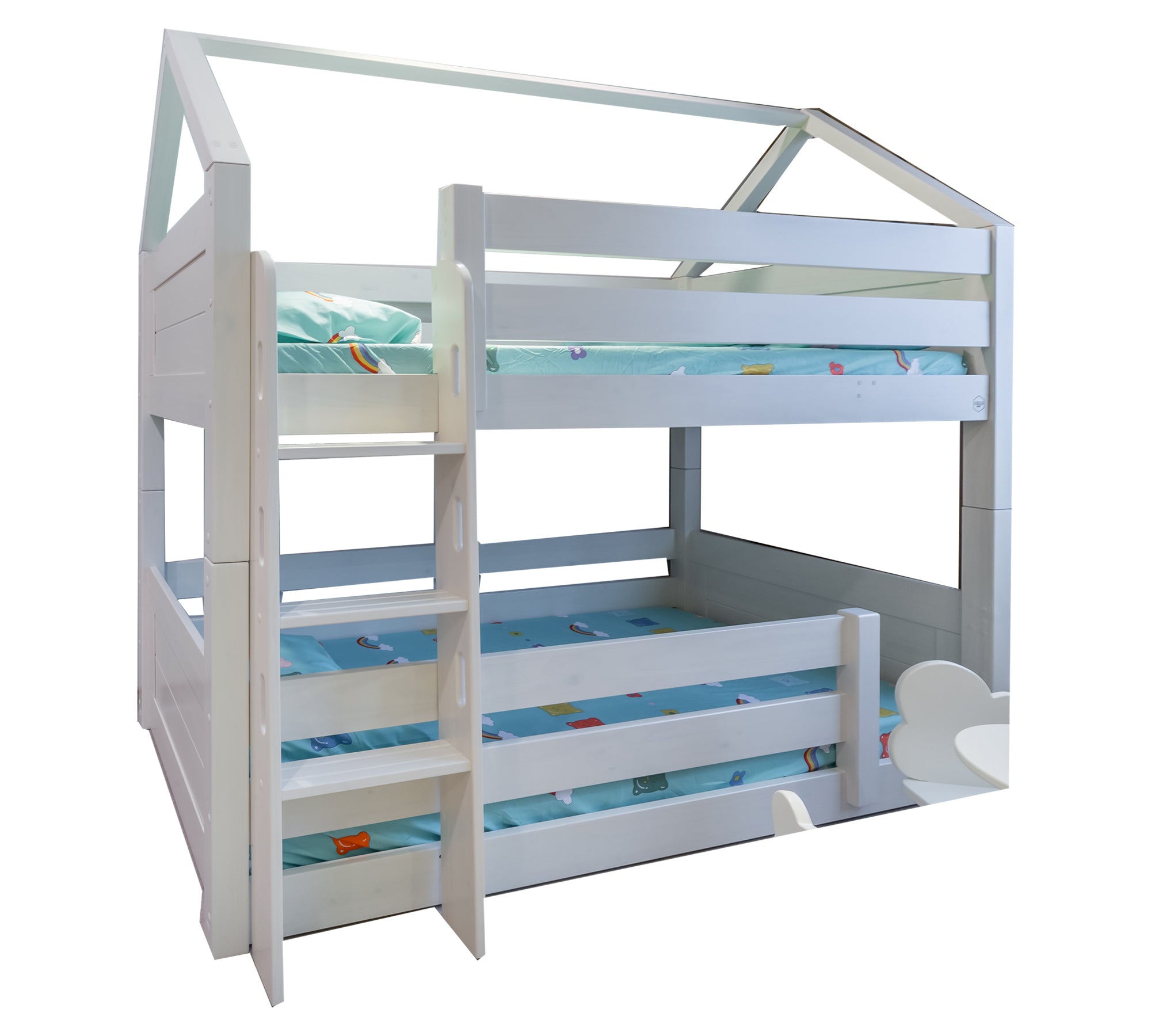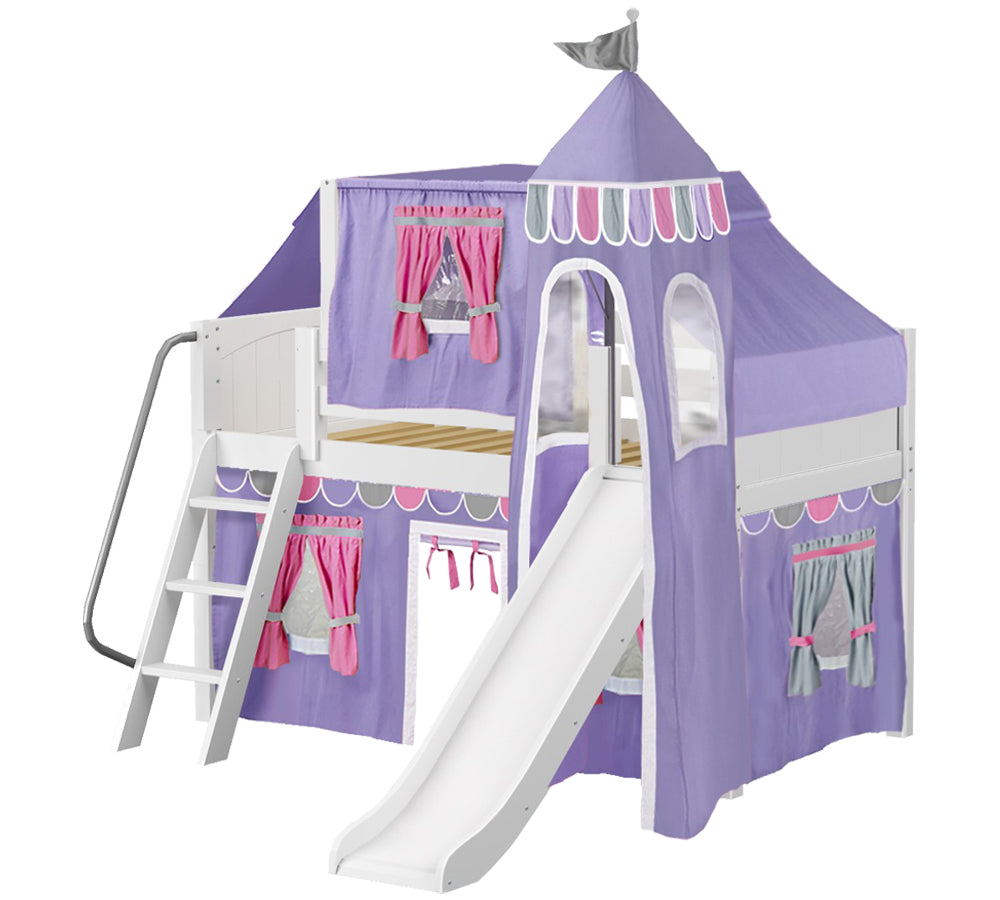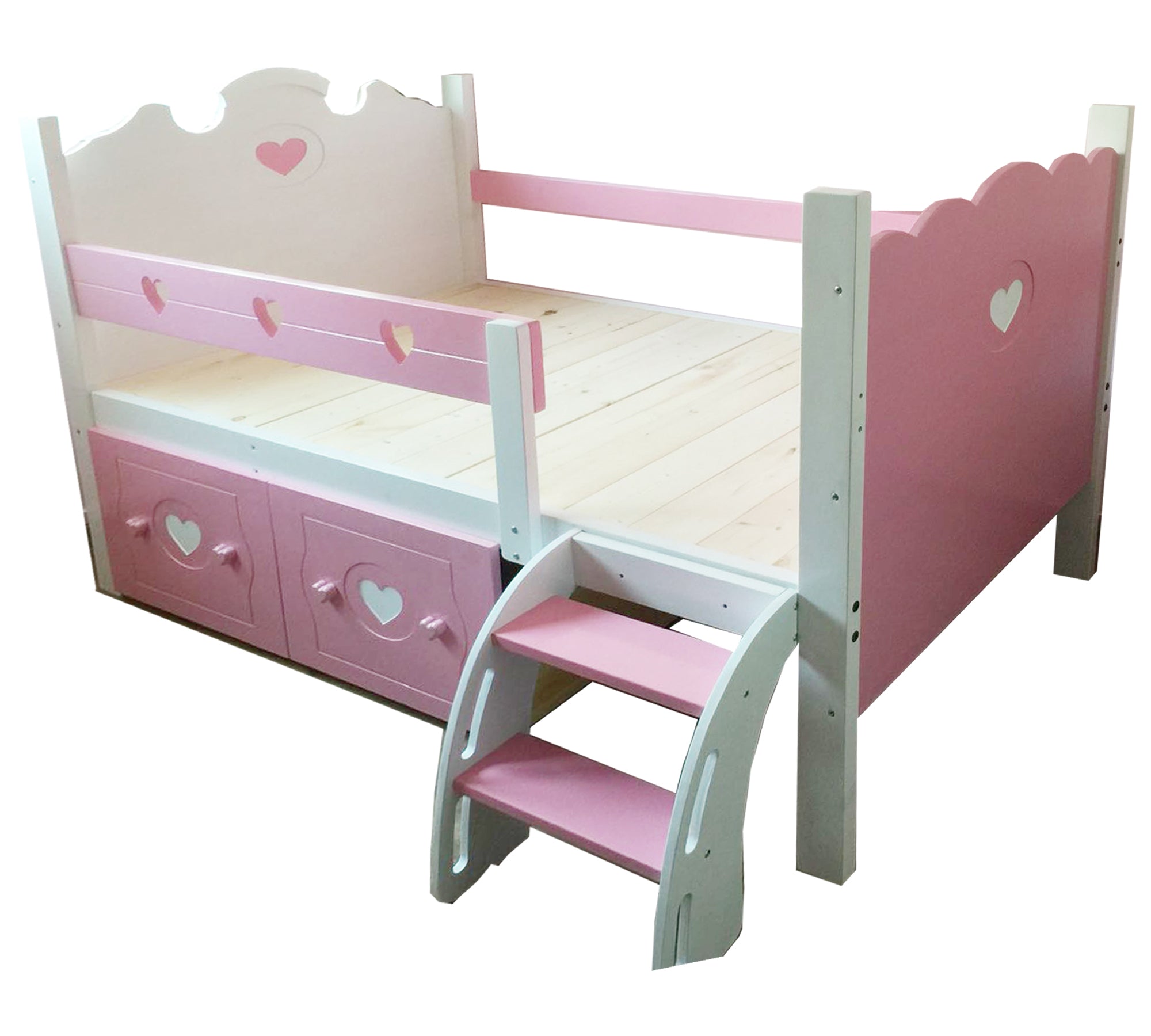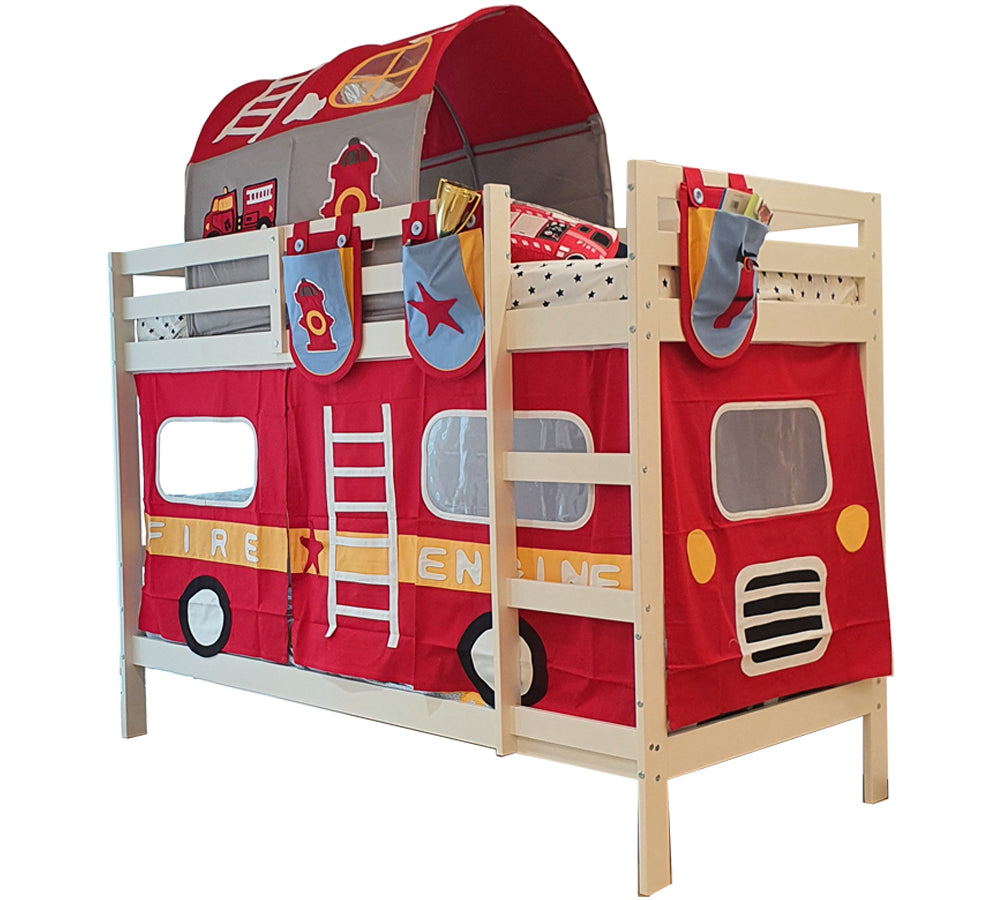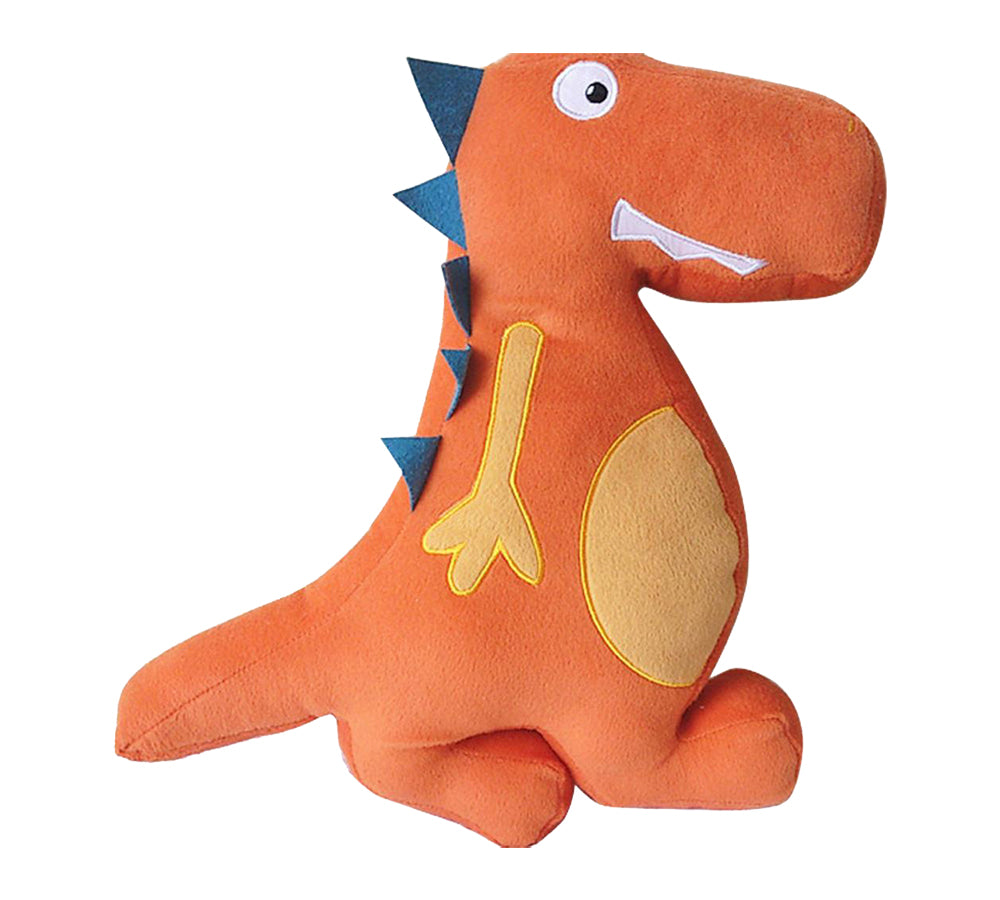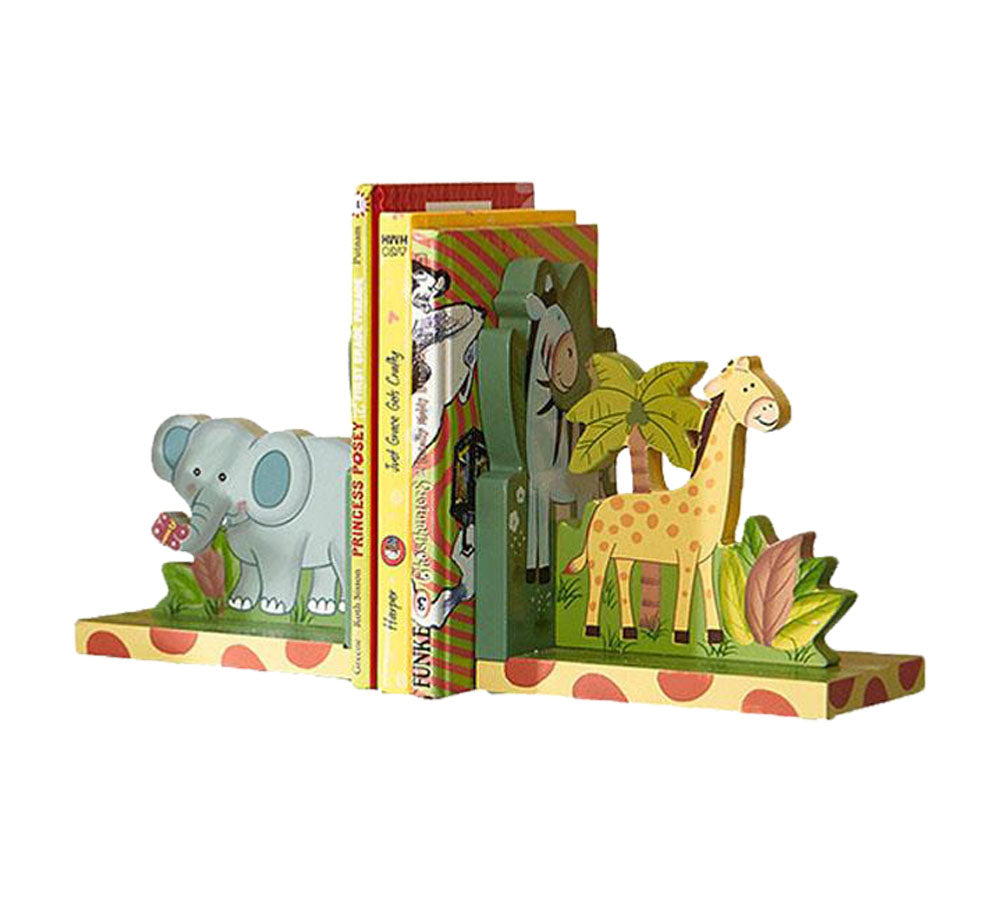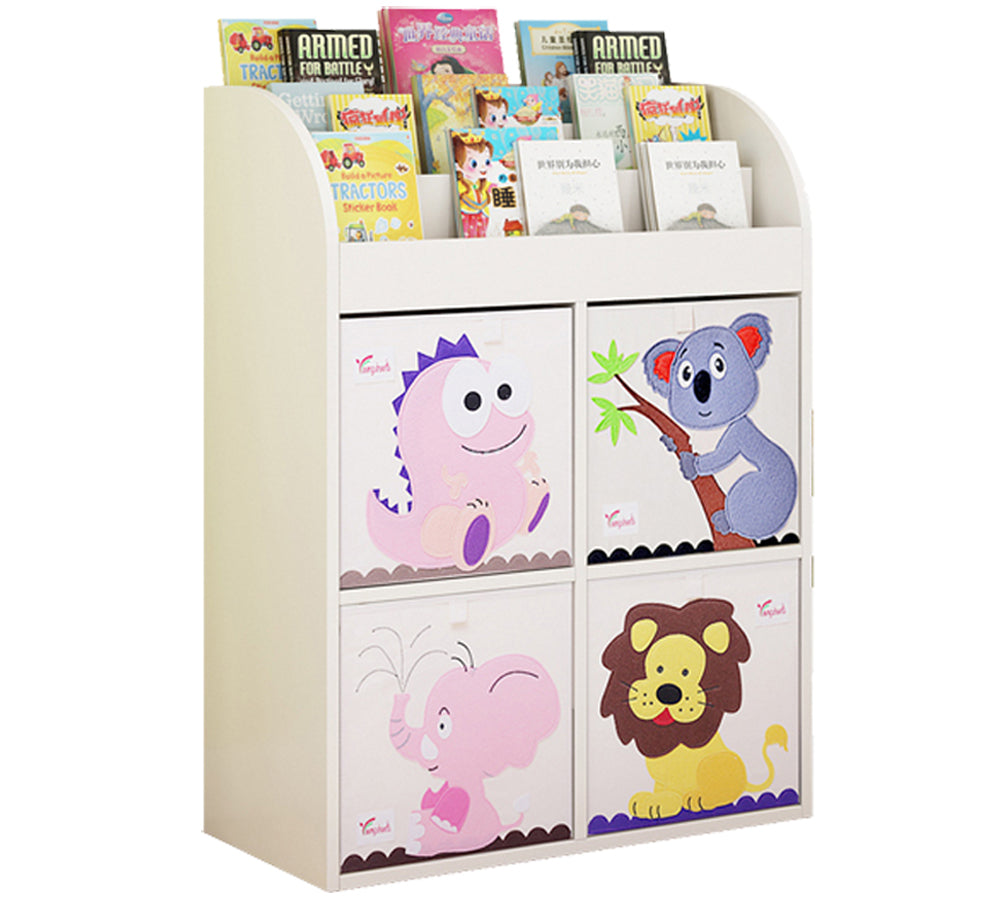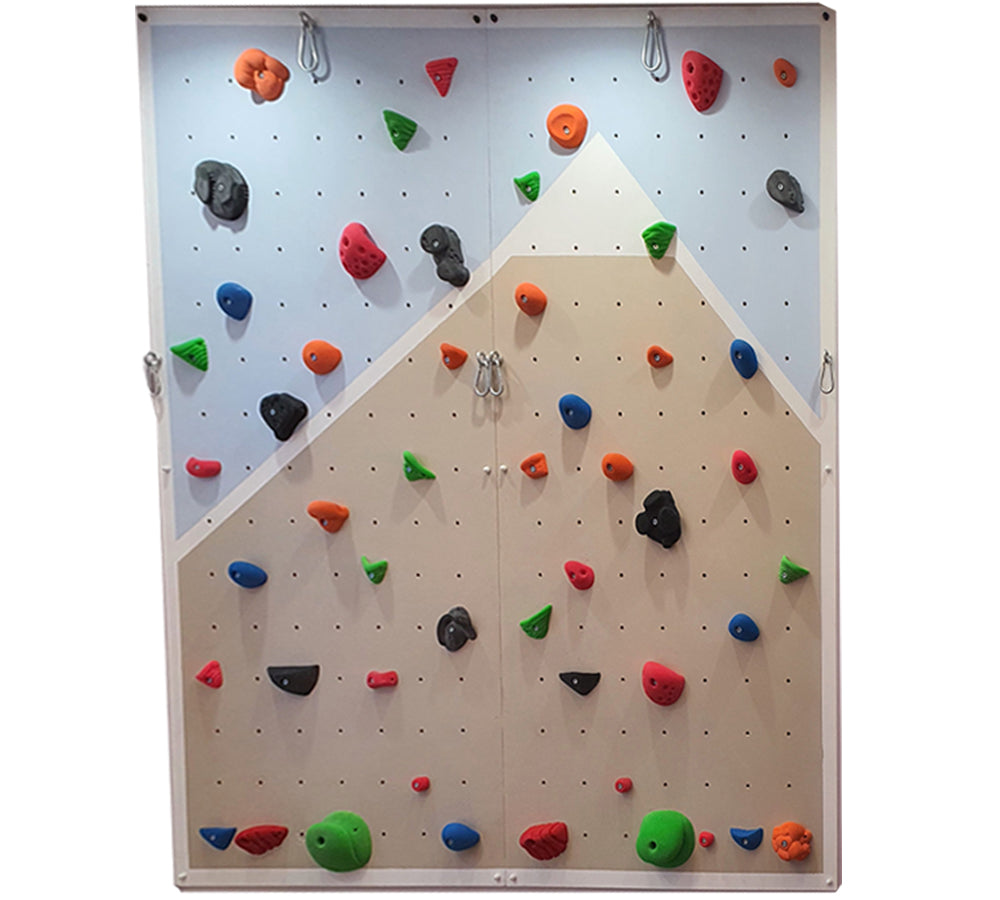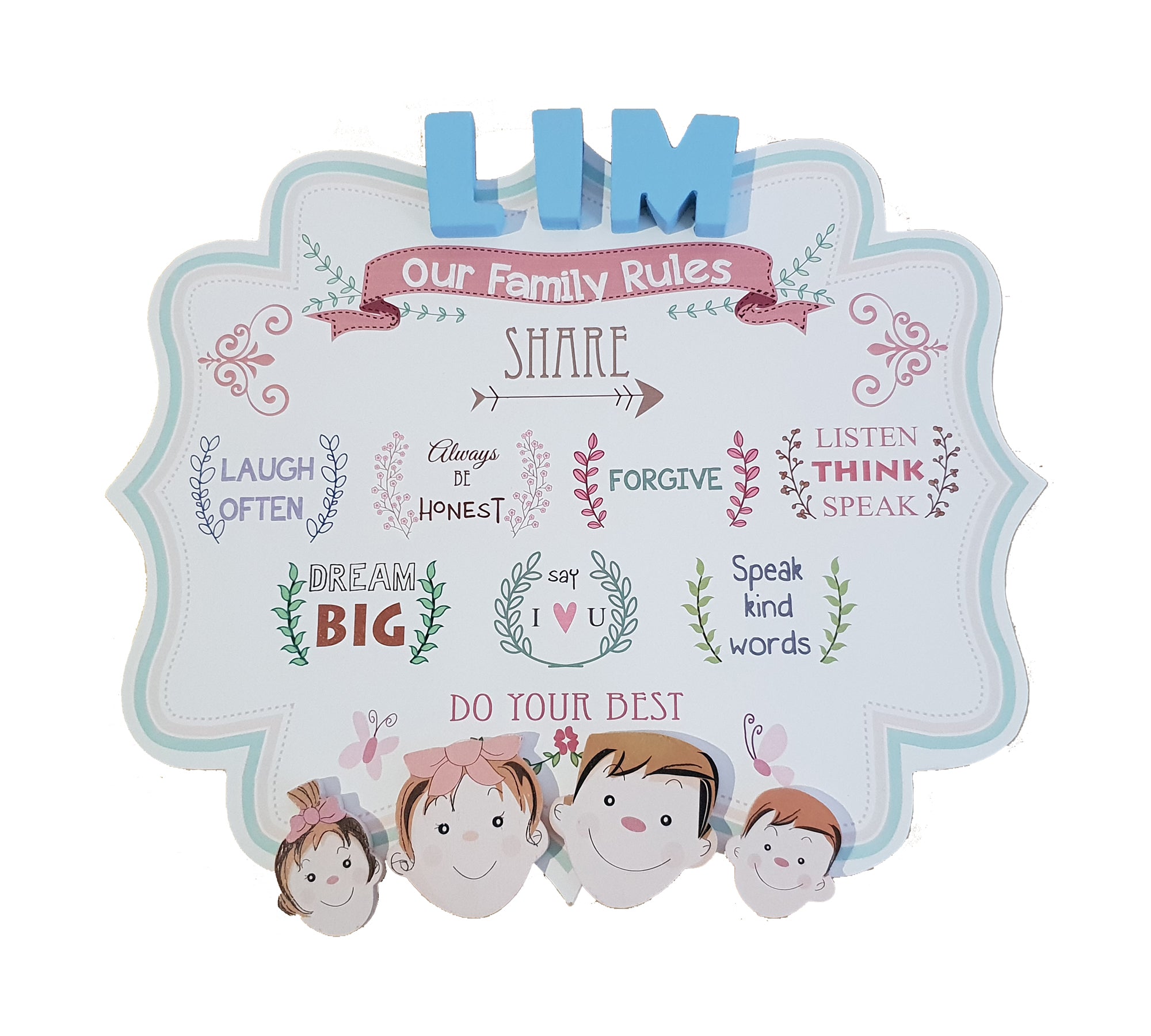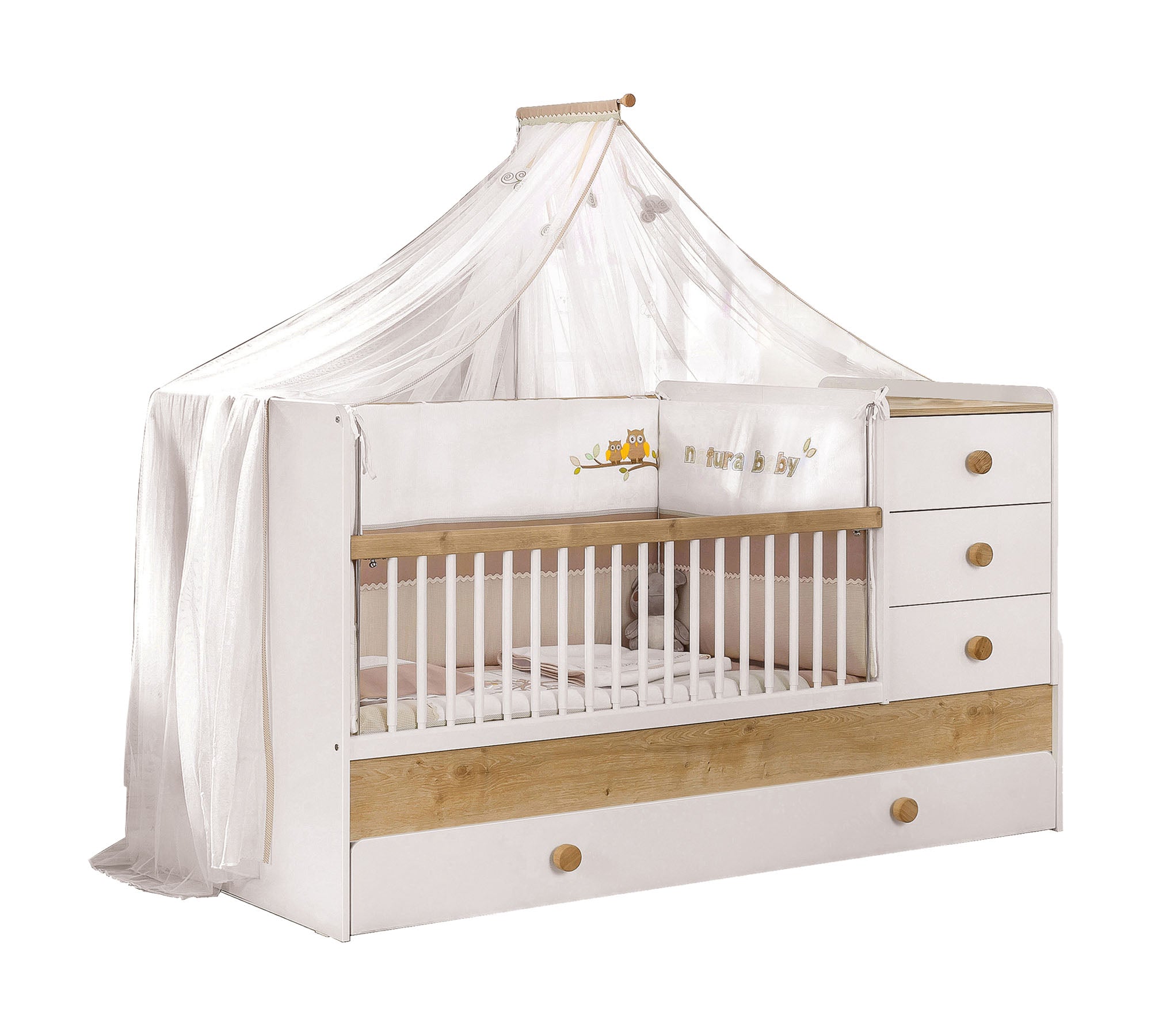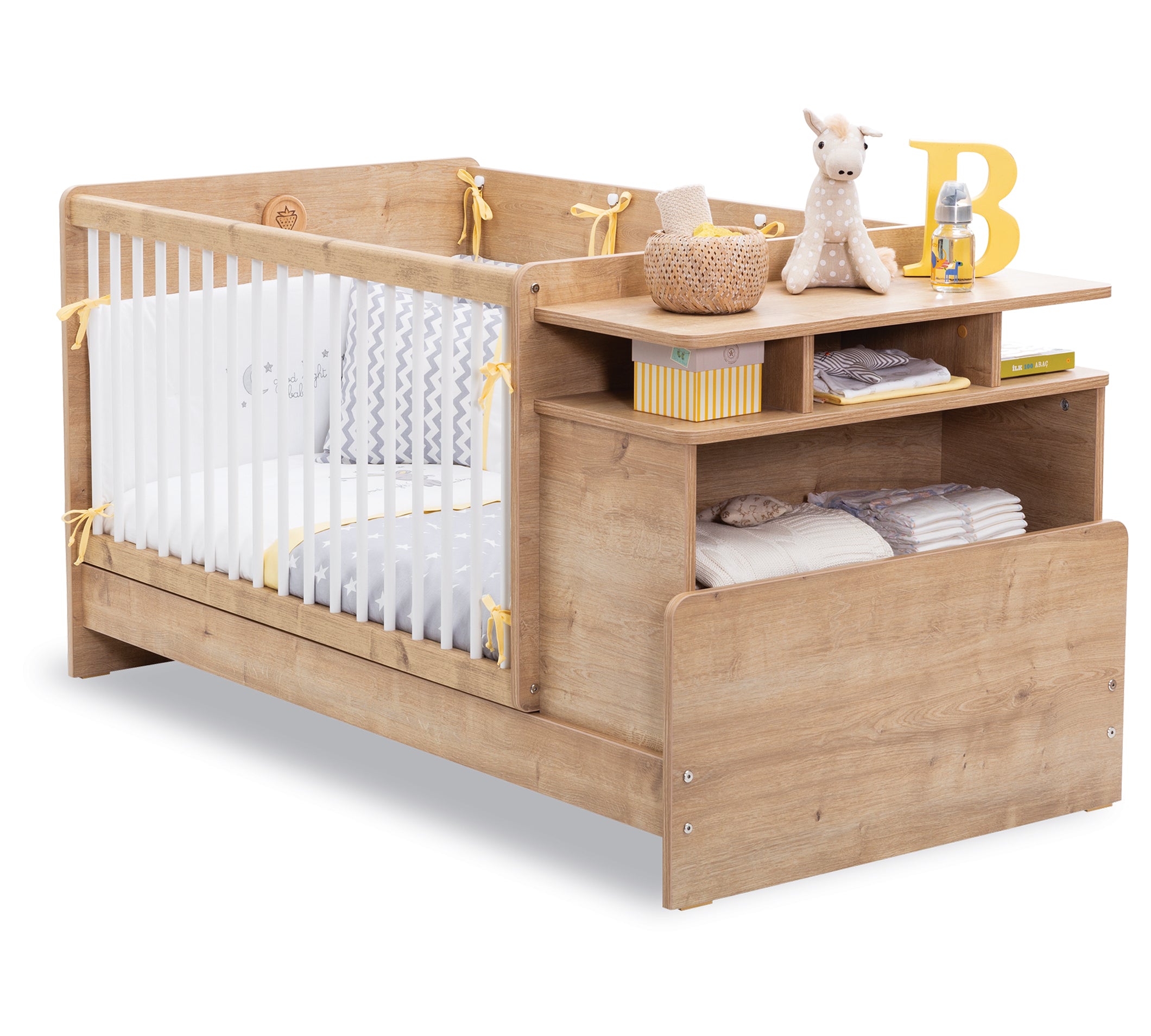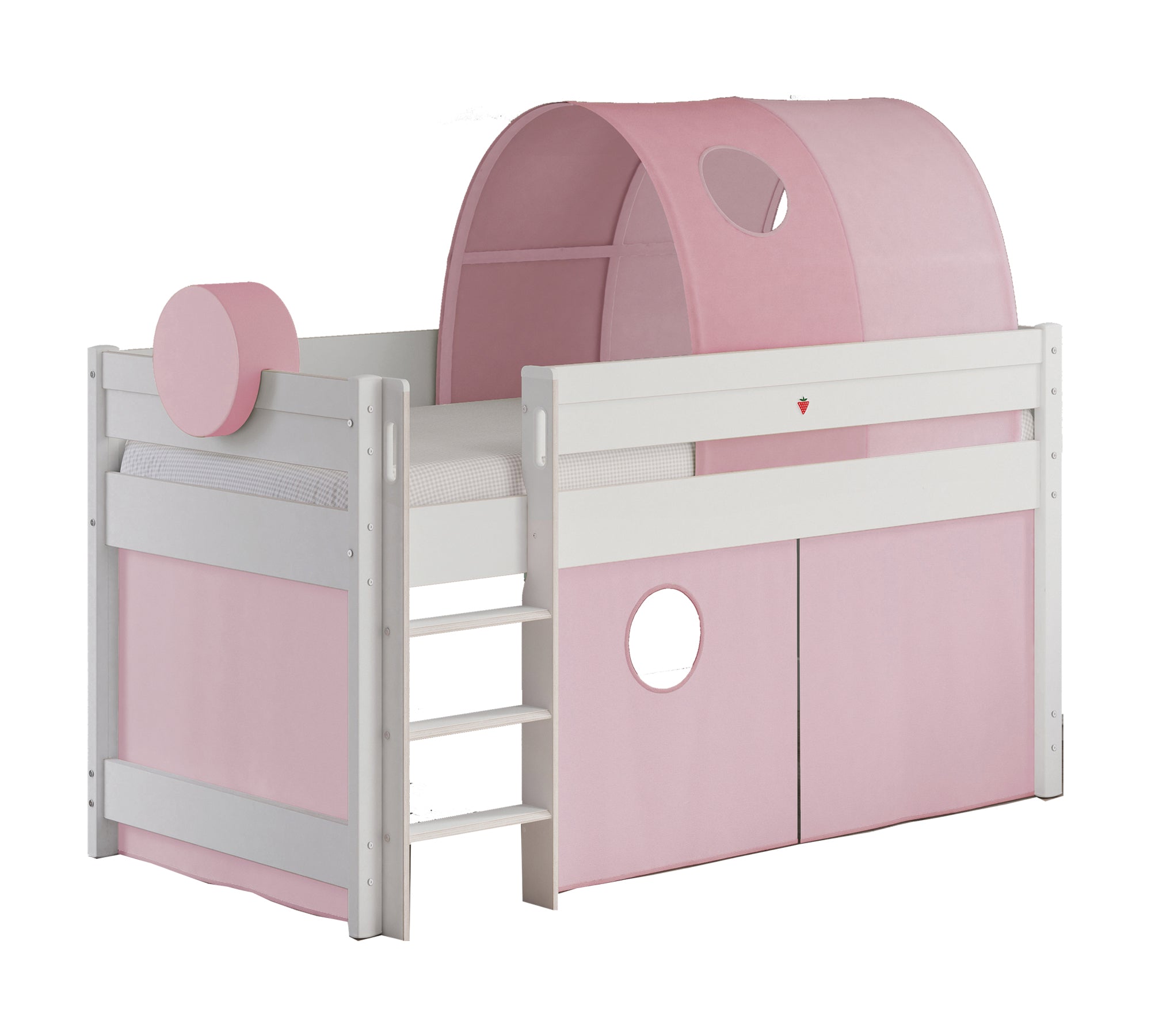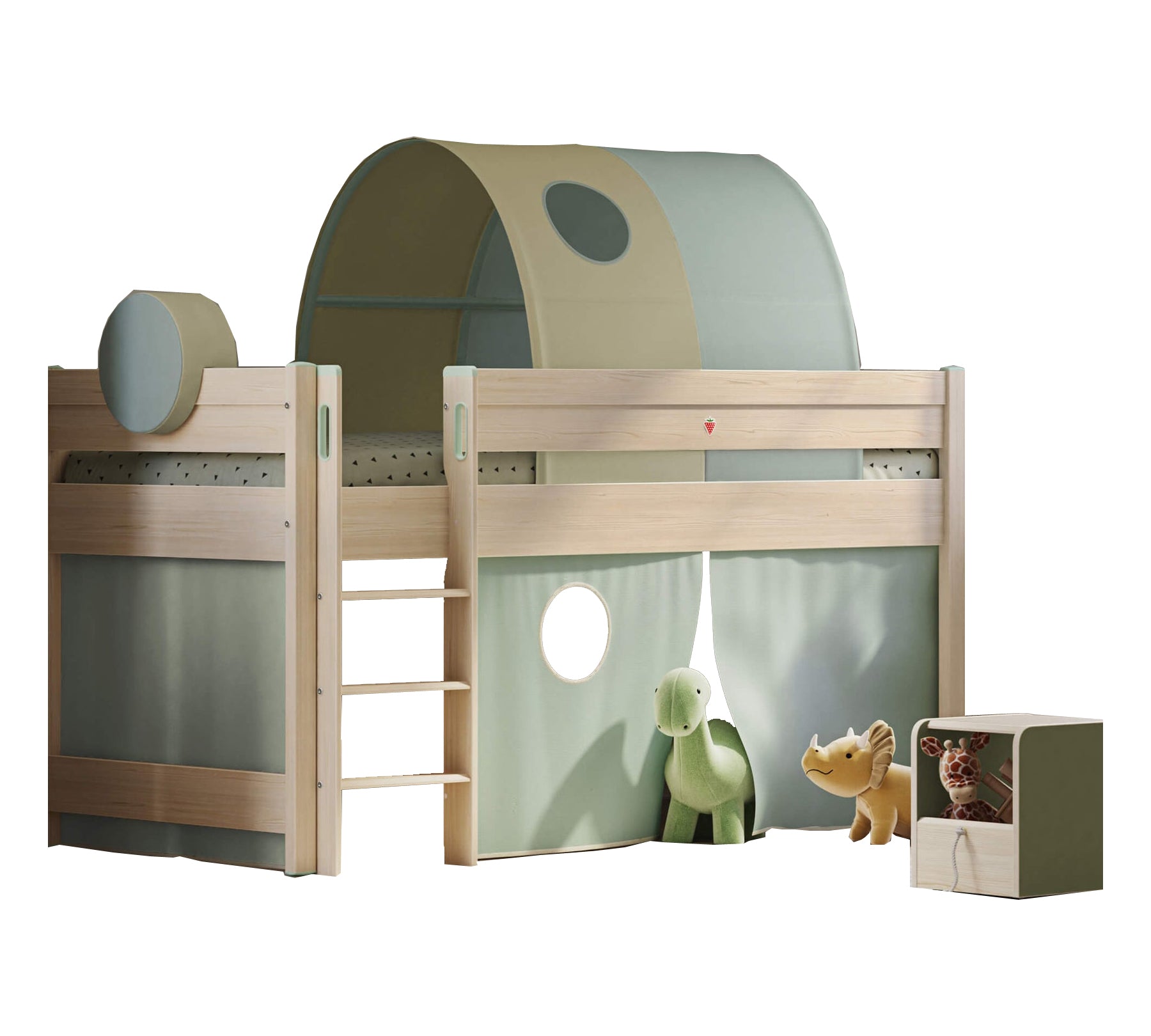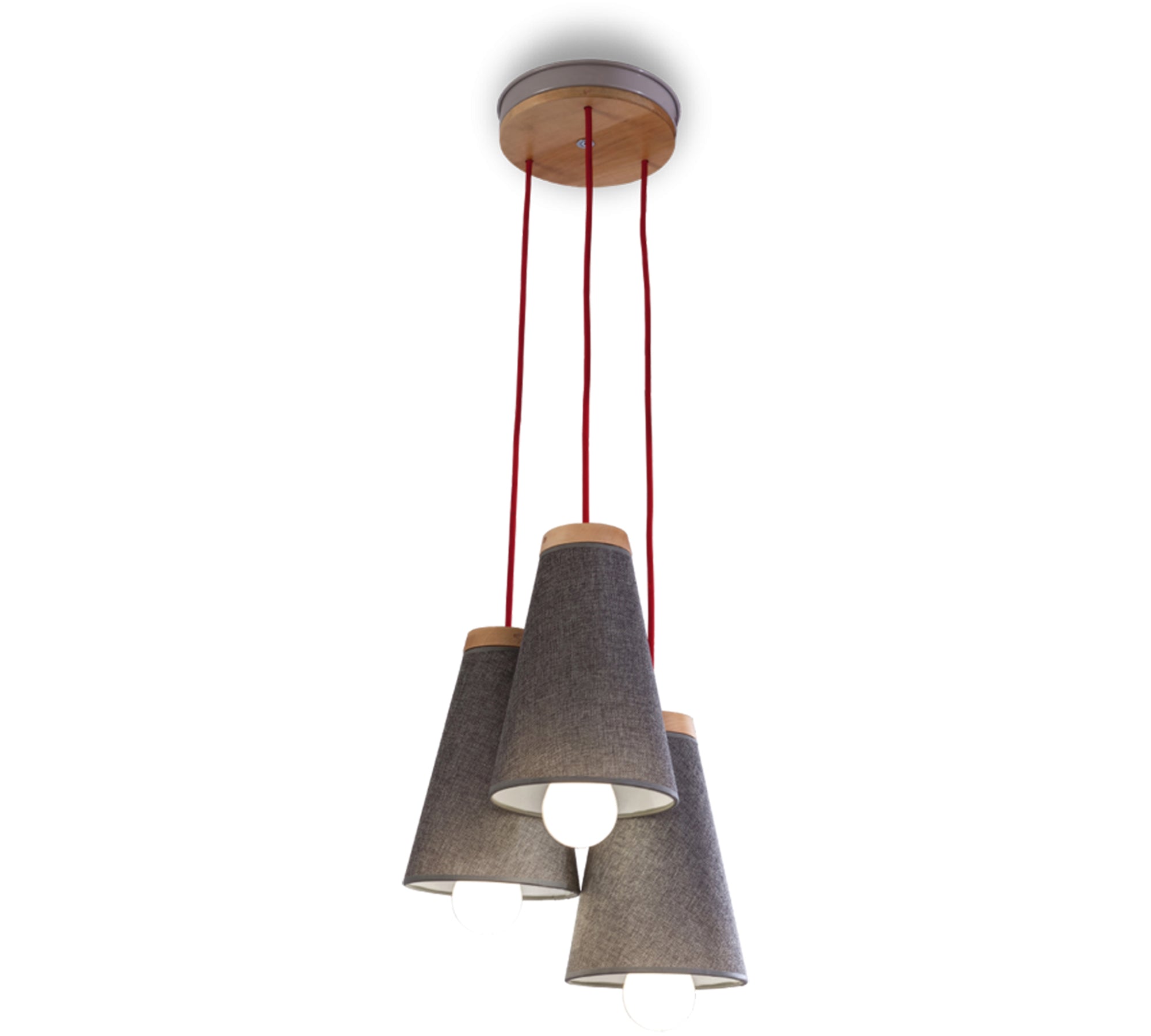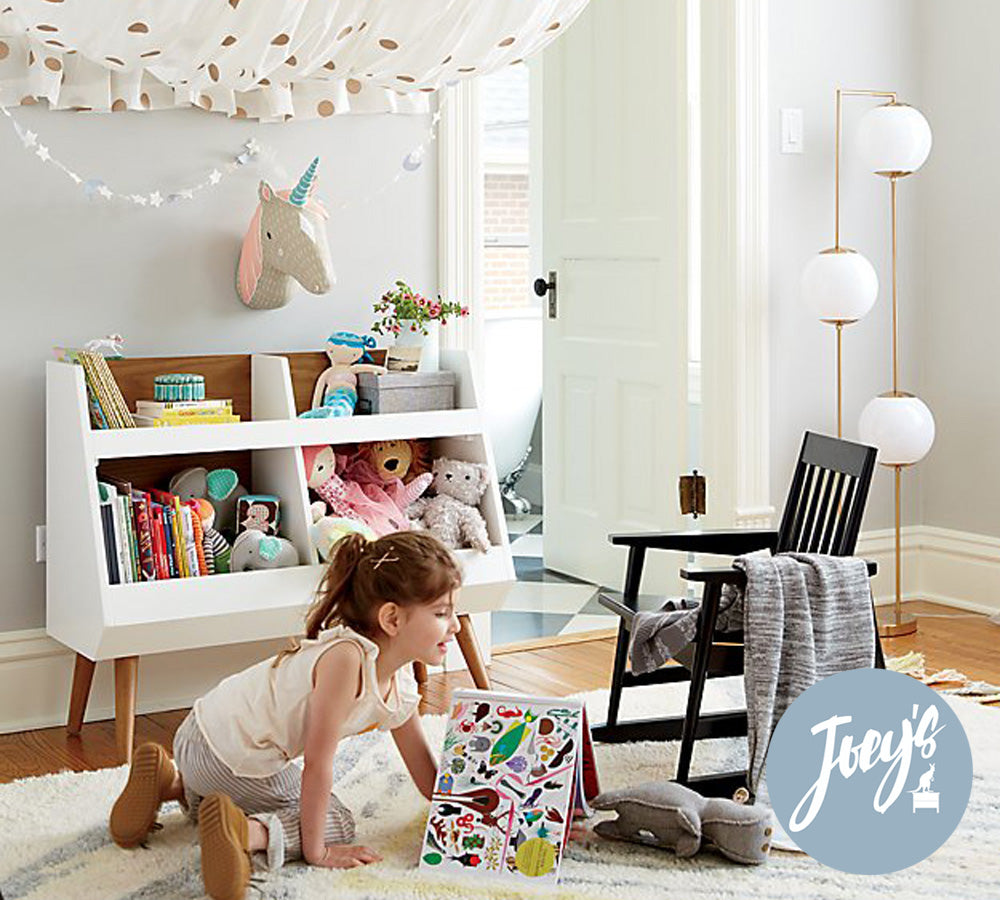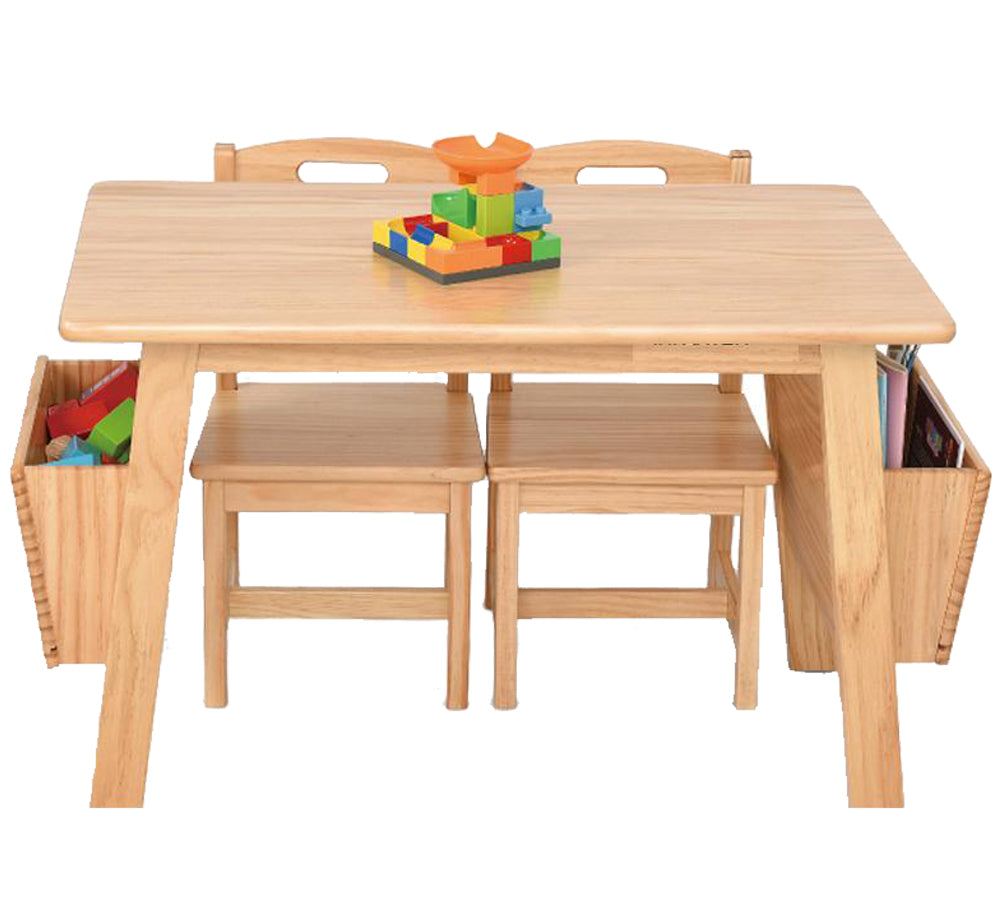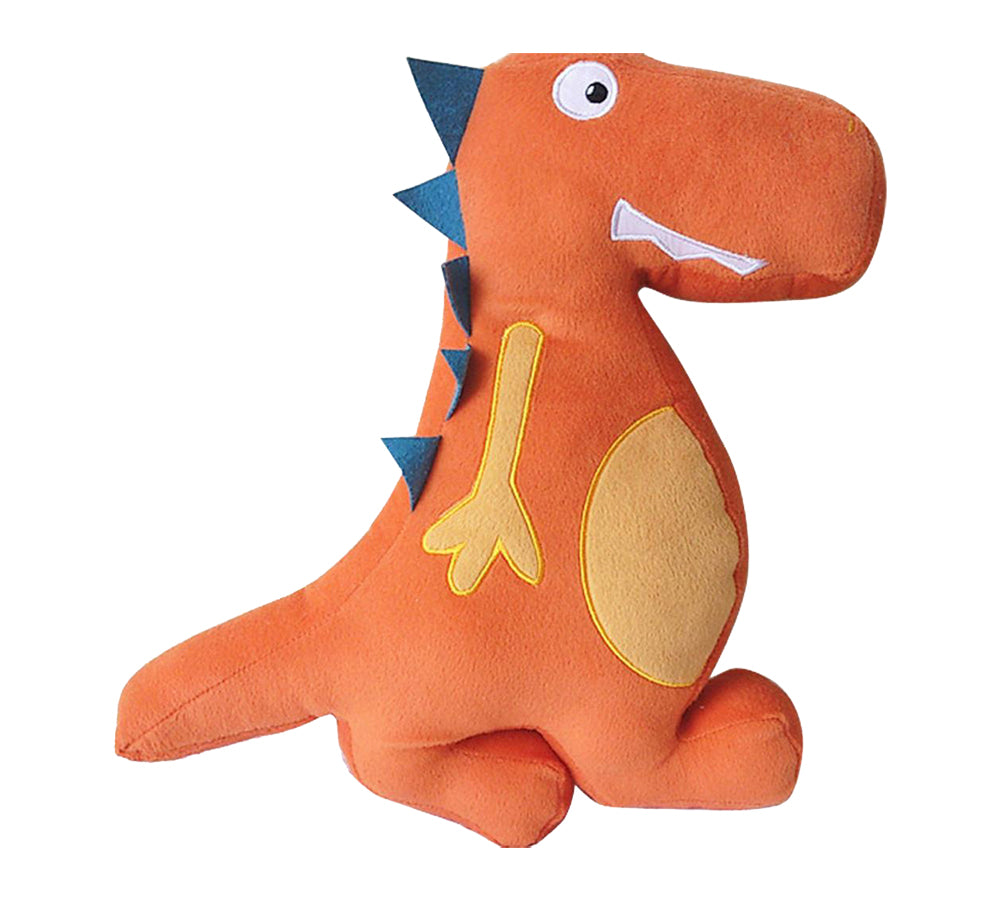How to Connect With Your Child Through Their Love Language

The concept of the five love languages is not something new. It perfectly encapsulates the different ways in which we all express our love for others in different ways. The idea behind it comes from how we all give and receive love differently. These different ways are broken down into five different categories – physical touch, words of affirmation, quality time, gifts, and acts of service.
It can be incredibly helpful to learn about the love language of your loved ones, because it is key to truly being connected to the people we love, including our children. Therefore, it’s so important to understand your child’s love language. After all, parenthood is largely about meeting your child’s needs, and speaking their love language is a way to do so, emotionally - for acceptance, respect, safety and security. By adequately meeting their emotional needs, it creates a strong foundation which then allows you to have a strong connection with your child. This helps them feel safe and secure, giving them the space to grow into their best, authentic selves.
When your child is younger, under four, you are highly encouraged to speak all five languages – they converge to meet your child’s need for love. As they grow older, they may crave one language more than the other.
Physical Touch
If it is common for your child to run up to you, grab your leg, climb all over you, and is constantly finding ways to touch and hug you, it is a signal that their love language may be physical touch. Loving physical touch is necessary for all humans to feel safe and loved. We can’t survive without it. Infants naturally receive a lot of it, however, as kids grow older, physical contact tends to lessen. According to research, older kids need skinship just as often as babies. And for those whose primary love language is physical touch, hugs and pats communicate love to them more deeply than anything else could.
So, how can you express love through physical touch? Give them plenty of hugs and kisses throughout the day. Snuggle up on the couch with them and offer to have them sit on your lap. You can also brush their hair or give them a message. Boys usually go through an affection-resistant stage – you can still show love through pretend wrestling, giving high fives, and touching them on their shoulders.
Words of Affirmation
Words have the power to lift your children up, build their sense of worth and help them feel positive about themselves. If praising your children and offering lots of sweet feedback earns a beam from your child, it is likely that they relish words of affirmation. Words of affection and endearment, words of praise and encouragement, words that give positive guidance all say, “I care about you”. Refrain from using harsh critical words on your child if their love language is words of affirmation. A child who speaks this love language usually tells you what they like, often seek compliments, and feel loved through words of affirmation.
They feel special when you use encouraging words and phrases often. You can leave little notes for them, in their lunch box, or just send a text over saying “I love you”. Constantly affirm both their efforts and achievements. Acknowledge their good intentions, efforts, and determination even when they make mistakes.
Gifts
Gift-giving has always been a way to show people we love and appreciate them. All children love receiving gifts, but it does not mean that their love language is gifts. A child, whose love language is receiving gifts, will be happy with the smallest token or even something handmade. These gifts are seen by them, as an extension of your love, rather than just something material. The gifts symbolise your love so they will treasure and value these gifts for what they represent.
For these kids, look for presents that match their interests. Choose small and thoughtful gifts or homemade presents. Also, spend time selecting special wrapping paper and unique gift boxes that can be used for even the simplest gifts. You can also make personalised gifts such as a photo album or a book about them.
Acts of Service
Is it common for your kids to ask you to do everything for them? It may be asking you to tie his shoes or fix a broken toy. Perhaps you may think they are being lazy and want you to help them with everything, but chances are, acts of service are their love language. It might be easy to think your child is taking advantage of you. However, if your child’s primary love language is acts of service, you don’t need to jump at every request. It is simply about recognising that when they reach out with a request, what they are really asking for you to do is meet their emotional needs and help them feel a little extra love. It is important to be sensitive to these special requests and understand how your response will either fill your child’s love bucket or empty it.
Some ideas to try would be to help them with their homework or tidy their bedroom. Create opportunities to make something for them, such as their favourite meal. For younger children, you can carry them to bed and tuck them in. You could also help with a chore they would normally do, such as organising their closet.
Quality Time
For children whose love language is quality time, they feel most valued when you choose to spend time with them. Quality time is about focusing your attention on your child. Your undivided attention sends them a clear message that they are important and that you like spending time with them. It is key to remember that quality time is about connecting with them, rather than what you do during that time. Use the opportunity to get to know them better and let them know that you want to understand them.
Quality time can be shown through something as simple as stopping what you’re doing when your child enters the room. Set aside some special time for just the two of you, even if it is just an hour or two a day.
The purpose of learning to speak your child’s love language is for you to connect more deeply with your child. Most of the time you spend with your child is in the comfort of your own home. So why not create a corner or a space at home to facilitate bonding time or quality time to connect with your child?
Build the perfect space to show your love for your kid with Kids Haven. Get all the furniture you need from our online store, and hey, if your child’s love language is quality time or gifts, you could bring them along to our showroom so they can take a look at our wide range of kid’s furniture and pick out for themselves what they like!






